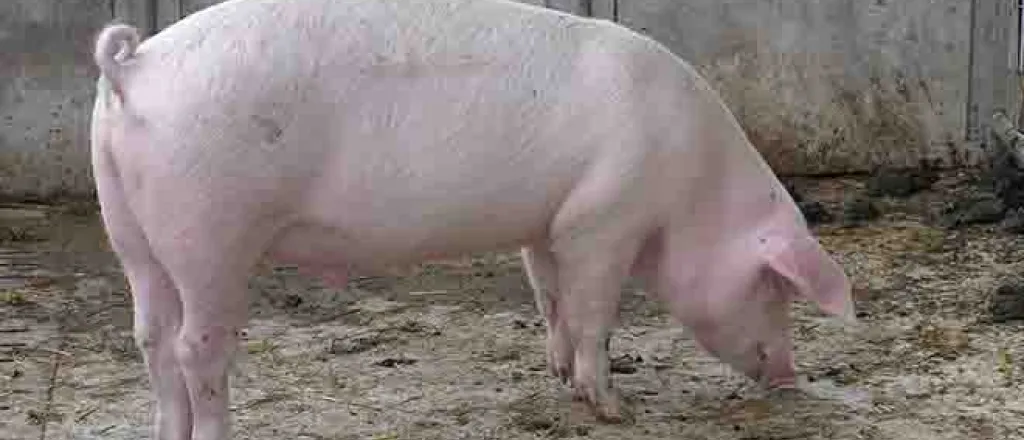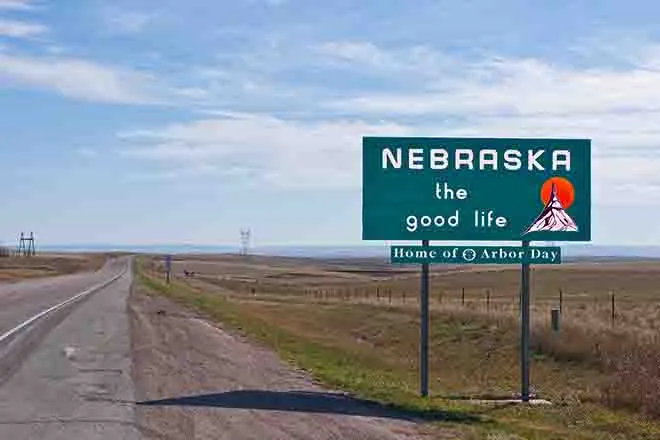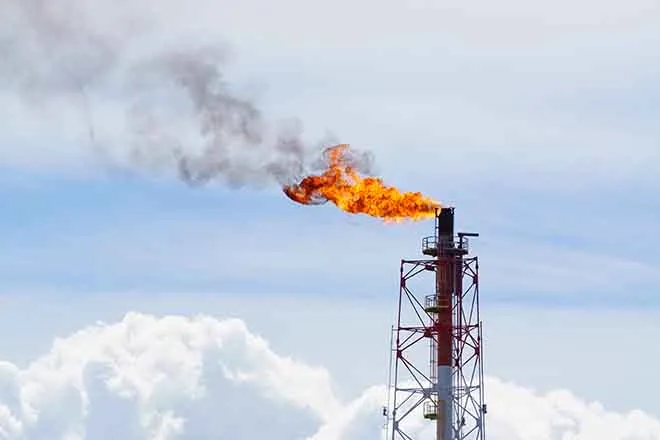
Nebraskans urge better state management of factory farm animal waste
(Nebraska News Connection) Clean-water advocates are urging the Nebraska Department of Environment and Energy to do more to protect drinking water and soil quality impacted by industrial-scale beef, pork and chicken operations.
Jonathan Leo, of counsel, Richman Law and Policy, points to one proposed operation in Dundy County expected to hold 100,000 cattle per day. He said state regulators need to be vigilant to ensure waste from the facility does not pollute groundwater.
"When you're dealing with an operation of that magnitude, that generates the volume of waste on a daily basis that those entities generate, you need to have those facilities regulated on an individual permit basis, not under a general permit," Leo said.
Leo said he hopes the Department of Environment and Energy will extend protections and increase enforcement where needed, a position echoed by several community and conservation groups at a recent public hearing. An agency spokesperson said they still are reviewing the Dundy facility's request for a general permit, and said they are required by law to make every effort to obtain voluntary compliance prior to initiating enforcement proceedings.
Leo believes the state has relied on voluntary compliance for too long. He noted that over three to four years, state inspectors found repeated violations of Nebraska's air and water quality rules at the AltEn facility in Mead. But only after a freeze caused a major pipe failure, sending millions of gallons of waste toward the Platte River, did the state act.
"They would get a notice they were in violation, occasionally there was a harsher slap on the wrist." Leo said. There was never any request made by the enforcement agency to the Attorney General's office, to let the attorney general's office know that this was an increasingly growing environmental and public health hazard."
Leo said the state needs to establish "cradle to grave" protections for animal waste management, because no matter how good you are at protecting streams and rivers near the feedlot, all that work goes out the door if you're not managing waste after it leaves the facility.
"If you don't do anything to manage what happens to the waste when it is transferred to farmers off site for them to use on their soil to grow crops, then essentially you're compromising the integrity of your entire system. And you're not being a regulator, and you're not protecting public health and the environment," Leo said.
















